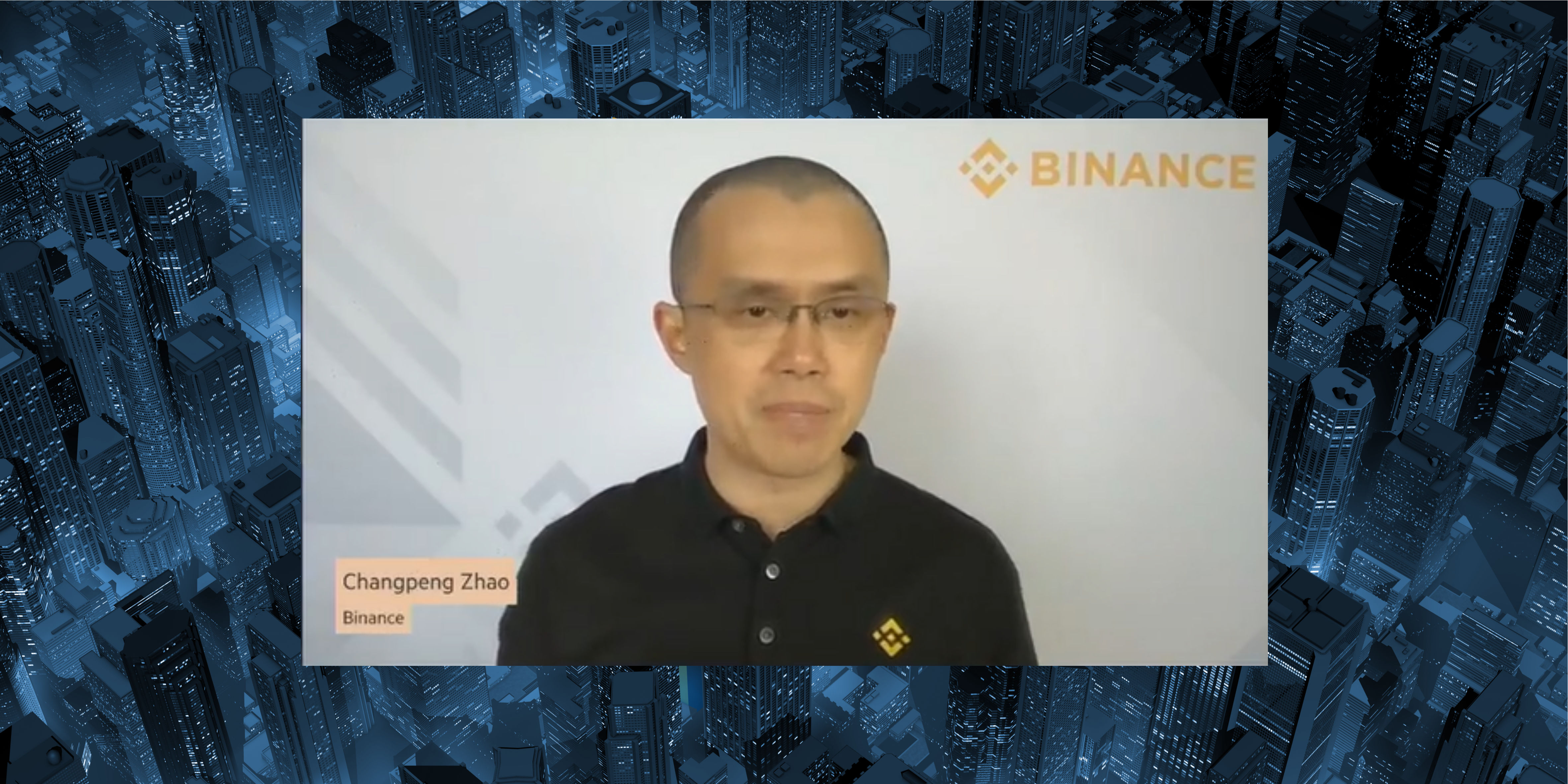- Binance now licensed in Dubai, Bahrain and Abu Dhabi
- "Bitcoin and most cryptocurrency is extremely traceable" — Changpeng Zhao, CEO of Binance
Binance may soon establish licensed entities in G-7 countries in Europe and the US said CEO Changpeng Zhao at the Financial Time’s Crypto and Digital Assets Summit on the 26th of April. The move is a pivot away from its prior decentralized philosophy of, “no offices, no headquarters, no corporate entities.” Binance has recently expanded into the Middle East.
Changpeng Zhao, CEO of BinanceWe have a licensed entity in Abu Dhabi in Dubai, Bahrain, and very soon, G7 countries in Europe and in the US as well.
The world’s largest crypto exchange will follow a traditional corporate structure with a holding company— the location of which is to be announced. Zhao said the move towards a traditional structure is required to gain easy access to traditional banking so that customers can access bank accounts and withdraw fiat currencies.
Changpeng Zhao, CEO of BinanceIt’s very simple, Binance.com is a centralized exchange. It has to go back a bit and follow the traditional structure.
Money Laundering
On the question of reducing money laundering on the Binance platform, Zhao said there are misconceptions that crypto is used for illicit purposes; “Bitcoin and most cryptocurrencies are extremely traceable.” Only last week, Binance denied allegations of helping the Russian government to track crypto donations to the organizations of Russia’s opposition leader, Alexei Navalny.
Changpeng Zhao, CEO of BinanceBitcoin and most cryptocurrency is extremely traceable. We work very closely with law enforcement to stop that and so today it’s very hard to use crypto for that, and most criminals already know that.
Blockchain Privacy
Adi Ben-Ari, CEO of Applied Blockchain echoes Zhao’s thoughts; “Blockchains are actually not private at all. They are very much a public space.”
Adi Ben-Ari, CEO of Applied BlockchainIn most blockchains, all accounts (addresses), transactions, amounts and data are visible and shared across a group of validators. One of the biggest misconceptions about blockchain is that it is a good technology for managing data privacy. The opposite is true.
Ben-Ari says the blockchain is an imperfect place to store data because it is replicated many times, across nodes. “This increases the attack vector, and blockchain mechanics are designed to secure the historical records, but not to keep them private or manage data access.”
Private blockchains try to protect data by making mini-blockchains between a very small number of parties, but this often undermines the fundamental value and benefits of a blockchain. There are some great technologies for adding privacy on top of blockchains. These range from advanced cryptography techniques, such as zero-knowledge proofs to hardware secure enclaves.
Ben Ari says Applied Blockchain’s product, SilentData, enables privacy-preserving cryptographic proofs about data to be stored on-chain, rather than storing or exposing the data itself.
“The only information that should be stored in a blockchain, apart from public information about the asset and its ownership, is information that supports the business logic for when the assets should be transferred (smart contracts), and even then, rather than storing the data on-chain— it would be preferable to store cryptographic proof about that data.”









